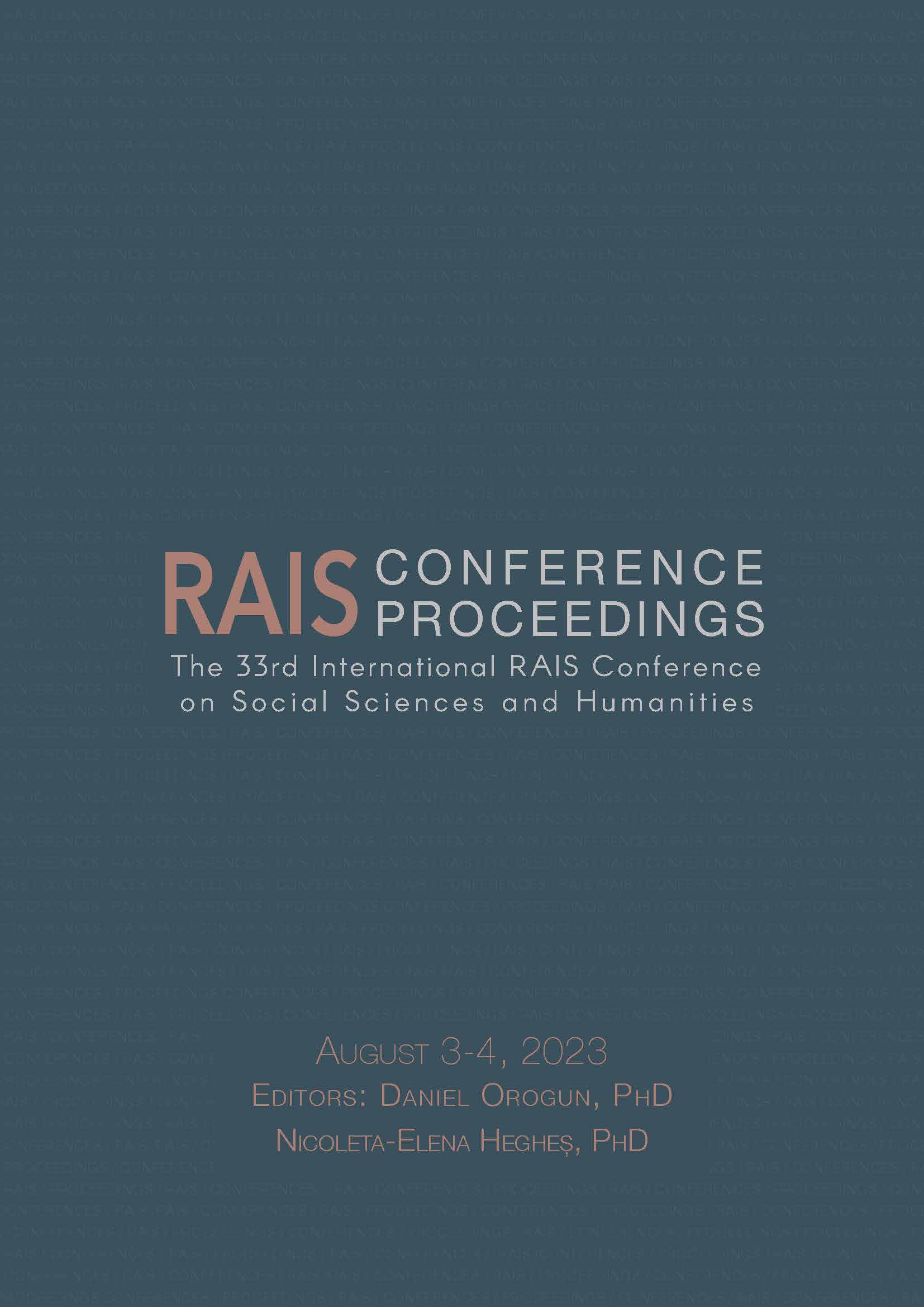Climate Flexibility: Introducing Nature in National Accounting
Climate Flexibility: Introducing Nature in National Accounting
Author(s): Julia M. Puaschunder
Subject(s): Environmental interactions, Accounting - Business Administration
Published by: Scientia Moralitas Research Institute
Keywords: Climate Change; Climate Flexibility; Climate Wealth of Nations; Resilient Finance; Sustainable Finance Taxonomy; Trade;
Summary/Abstract: The European and North American Green New Deals have become springfeathers of change in the national and international accounting of natural resources. The European Sustainable Finance Taxonomy accounts for the carbon impact of industries in order to quantify economic impacts on natural resources to make industry impacts on environmental conditions more transparent and accountable. The United States Joseph Biden and Kamala Harris administration has also launched efforts to put nature on the nation’s balance sheet. The Biden-Harris White House multi-year strategy plans to connect environmental conditions with economic outcomes by collecting data and using innovative methods to capture nature’s role in the U.S. economy. On the global level, integrating natural resources into economic productivity prospects has the potential to change power dynamics and international politics driven by economic opportunities. Linking nature to the economy and productivity as well as the human standard of living is the driver for the World Bank project on “Changing Wealth of Nations.” Integrating natural capital in global macroeconomic and financial models is thereby meant to feature systematically forward-looking wealth estimates as a source to inspire restoration and conservation policies. The ‘Mapping Climate Justice’ project housed at Columbia University measures the impact of climate change on economic productivity around the world and has found vast climate injustices. Future wealth of nations was introduced by the concept of climate flexibility defined as the range of temperature variation of a country. Climate flexibility is the leeway countries have in coping with a changing climate due to a broad range of climate zones prevalent in their territory. Climate flexibility can be grounded on the relative latitude and altitude of countries around the globe. Climate flexibility directly influences a country’s productivity in agriculture production opportunities, trade possibilities, industry development favorable conditions as well as service sector offerings. Climate wealth of nations so far has also been proposed to stem from climate zones, which vary around the world. Climate justice redistribution strategies have been proposed in order to alleviate climate injustices, by which countries that benefit from a relative climate advantage are meant to redistribute some of the expected economic gains to countries that lose out the most and the fastest from global warming. The redistribution could be implemented via a taxation-bonds redistribution strategy. Overall, the concerted efforts to marry the idea of natural resource description are believed to stimulate environmental policy and protection, change sustainable development and macroeconomic calculus. Policy and regulatory settings are meant to be aligned with wealth derived from natural resources. Natural resource accounting is also likely to change the estimation of competitiveness around the world. The integration of local community assets can thereby facilitate conservation holistically. Scientifically, environmental and economics interactions are likely to inspire ground-breaking insights for monetizing the value of natural assets and stimulate the future discourse on resilient finance.
Book: Proceedings of the 33rd International RAIS Conference on Social Sciences and Humanities
- Page Range: 69-76
- Page Count: 8
- Publication Year: 2023
- Language: English
- Content File-PDF

